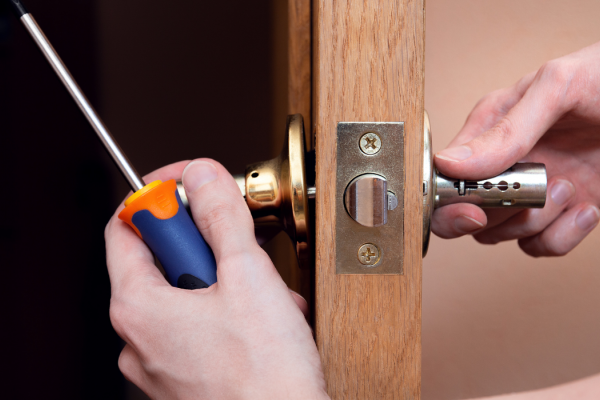
When it comes to the construction or renovation of any building, whether residential, commercial, or industrial, the importance of door hinges cannot be overstated. Door Hinges Manufacturer are the unsung heroes of smooth, functional, and durable door operations. As a leading door hinges manufacturer, we understand the intricacies and importance of selecting the right hinge for your needs. This guide will help you understand the different types of door hinges, their applications, and how to choose the best ones for your project.
Understanding Door Hinges
Door hinges are mechanical bearings that connect two solid objects, typically allowing only a limited angle of rotation between them. They are crucial in providing support, enabling the door to swing open and closed smoothly, and ensuring the longevity and functionality of the door.
Types of Door Hinges
- Butt Hinges: These are the most common type of hinges, used in most residential and commercial doors. They consist of two identical leaves, one attached to the door frame and the other to the door. They are suitable for both interior and exterior doors.
- Continuous Hinges (Piano Hinges): These run the entire length of the door, providing extra support and durability. They are ideal for heavy doors or high-traffic areas.
- Ball Bearing Hinges: Designed for heavy doors, these hinges include ball bearings to reduce friction, making them perfect for doors that experience a lot of use.
- Concealed Hinges: Also known as European hinges, these are used for cabinet doors and provide a clean, modern look since they are not visible from the outside.
- Spring Hinges: These are self-closing hinges, commonly used in doors that need to close automatically, such as fire doors.
- Pivot Hinges: These hinges pivot in the top and bottom of the door, allowing for a wide range of motion and often used in modern, heavy, or large doors.
Factors to Consider When Choosing Door Hinges
- Material: Door hinges come in various materials, including stainless steel, brass, bronze, and iron. The choice of material should depend on the location and usage. For instance, stainless steel is ideal for exterior doors due to its resistance to rust and corrosion.
- Load-Bearing Capacity: Consider the weight of the door. Heavy doors require sturdy hinges like ball bearing or continuous hinges to ensure they operate smoothly and last longer.
- Aesthetic Appeal: The finish and style of the hinge should complement the overall design of the door and the space. Options range from classic to contemporary finishes.
- Security: For exterior doors, security hinges with non-removable pins are essential to prevent unwanted access.
- Functionality: Depending on the door’s use, you might need specialized hinges like spring hinges for self-closing doors or pivot hinges for a modern look and wide range of motion.
Installation Tips
- Correct Positioning: Ensure hinges are placed correctly for optimal support. Typically, one hinge is placed 5 inches from the top, another 10 inches from the bottom, and the third hinge in the center.
- Proper Alignment: Hinges must be aligned perfectly to prevent the door from sagging and to ensure smooth operation.
- Secure Fastening: Use the appropriate screws and ensure they are securely fastened to avoid loosening over time.
Maintenance of Door Hinges
Regular maintenance of door hinges can significantly extend their lifespan and ensure smooth operation. Here are some tips:
- Lubrication: Periodically lubricate hinges with oil to reduce friction and prevent squeaking.
- Tightening Screws: Regularly check and tighten any loose screws.
- Cleaning: Keep hinges clean and free from dirt and debris.
Why Choose Us?
As a trusted door hinges manufacturer, we pride ourselves on producing high-quality, durable, and aesthetically pleasing door hinges. Our products undergo rigorous testing to ensure they meet industry standards and exceed customer expectations. We offer a wide range of hinges to suit various needs and provide expert guidance to help you select the perfect hinges for your project.




